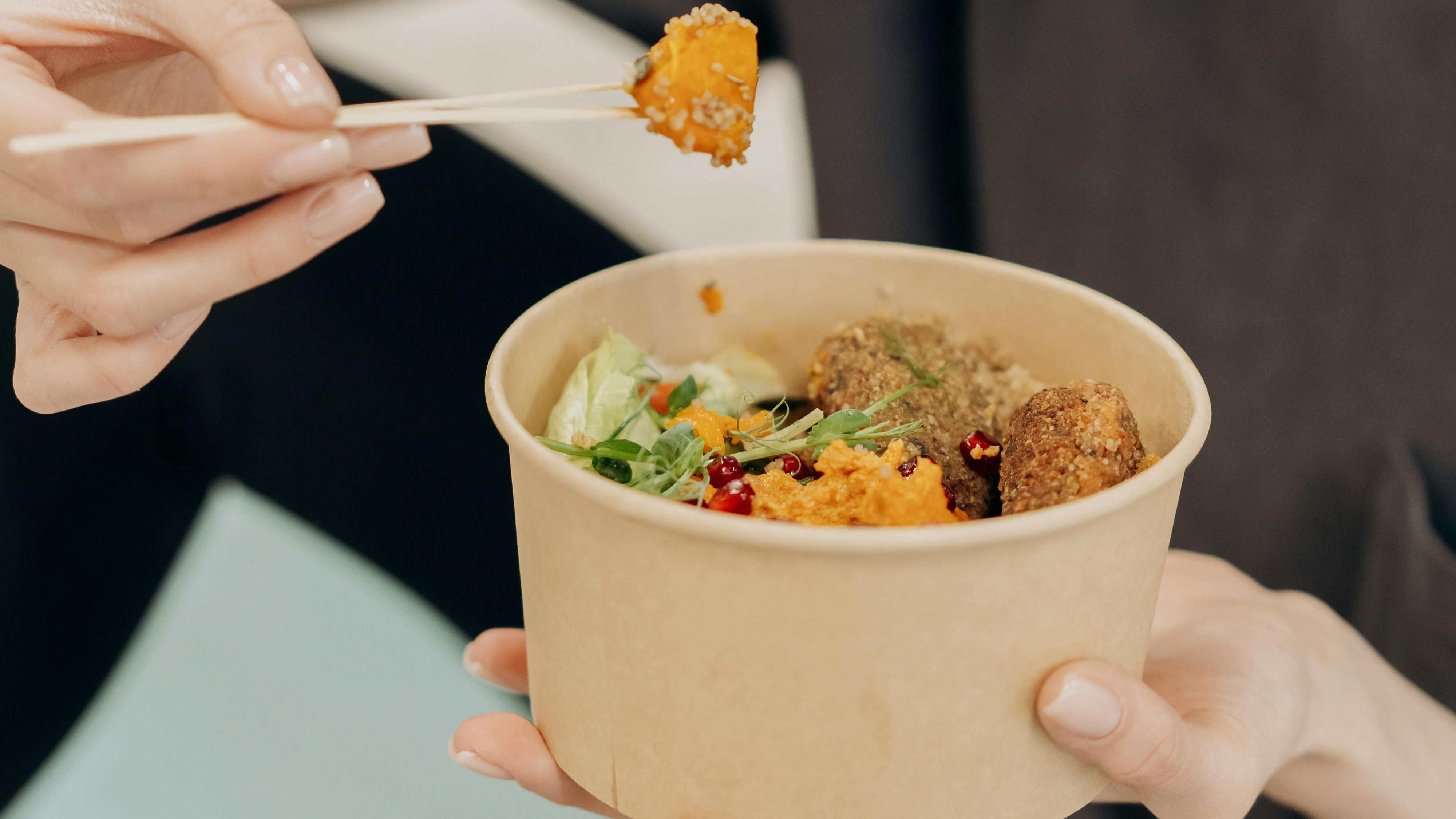The Japanese Secret to Health and Longevity: Hara Hachi Bu
Aug 04, 2023
Hara Hachi what? Don’t be surprised if you have never heard of this before. In the small Japanese island of Okinawa, there exists a cultural practice known as "Hara Hachi Bu," which translates to "Eat until 80% full." This ancient wisdom has been credited as one of the reasons why Okinawans boast some of the highest life expectancies and low rates of chronic diseases in the world.
Hara Hachi Bu is a mindful eating practice that emphasizes moderation and self-awareness during meals. The concept is simple but powerful: stop eating when you are about 80% full, before the feeling of fullness sets in. This practice encourages people to listen to their bodies' natural cues of hunger and satiety, preventing overeating and promoting healthier eating habits. Right along the lines of everything our eNRG Performance Sport Dietitians teach and implement with athletes.
In case you are wondering why you should even consider eating until you are only 80% full (which is very difficult when you first become more aware of your hunger), here are some benefits:
-
Digestive health by avoiding overeating - the digestive system is given ample time to process and metabolize food properly. This can reduce the likelihood of experiencing digestive discomfort and may help prevent conditions such as acid reflux or indigestion.
-
Weight management - mindful eating through Hara Hachi Bu can aid in weight management goals. Consuming fewer calories by stopping at 80% full can help maintain a healthy body weight and prevent excessive calorie intake. However, you must be careful to not undereat either. There is a fine balance.
-
Longevity - the practice of Hara Hachi Bu has been linked to the longevity of Okinawans. By avoiding excessive calorie consumption, they may reduce the risk of obesity-related diseases and improve overall health and well-being. I speak about this and the biology of this concept in my “Nutrition for Longevity” 8-week program. Give a listen to my free webinar about it HERE.
-
Blood sugar regulation - this has Metabolic Efficiency Training written all over it! By not overloading the body with large amounts of food in one sitting, blood sugar levels are better regulated. This can be beneficial for individuals with diabetes or those at risk of developing the condition.
So how can you start practicing this in your daily routine?
1. Slow down - take your time while eating and savor each bite. Eating slowly gives your body a chance to recognize feelings of fullness before you overeat.
2. Listen to your body - pay attention to your body's hunger and satiety cues. Stop eating when you feel satisfied but not overly full. And try not to eat when you feel a high amount of stress because that will change your satisfaction cues.
3. Eat smaller portions - serve yourself smaller portions than you might initially think you need. You can always have more if you're still hungry.
4. Practice mindfulness - pay attention to the flavors, textures and enjoyment of your meal. Mindful eating helps you appreciate the food you consume and enhances the overall dining experience.
Incorporating Hara Hachi Bu into your lifestyle can promote a healthier relationship with food and contribute to overall well-being. By embracing this simple practice of mindful eating, you may discover a profound impact on your health and longevity, similar to the benefits observed in the Okinawan population.
SUBSCRIBE AND WE WILL DROP SOME HEALTHY INSPIRATION IN YOUR INBOX
We hate SPAM. We will never sell your information, for any reason.






